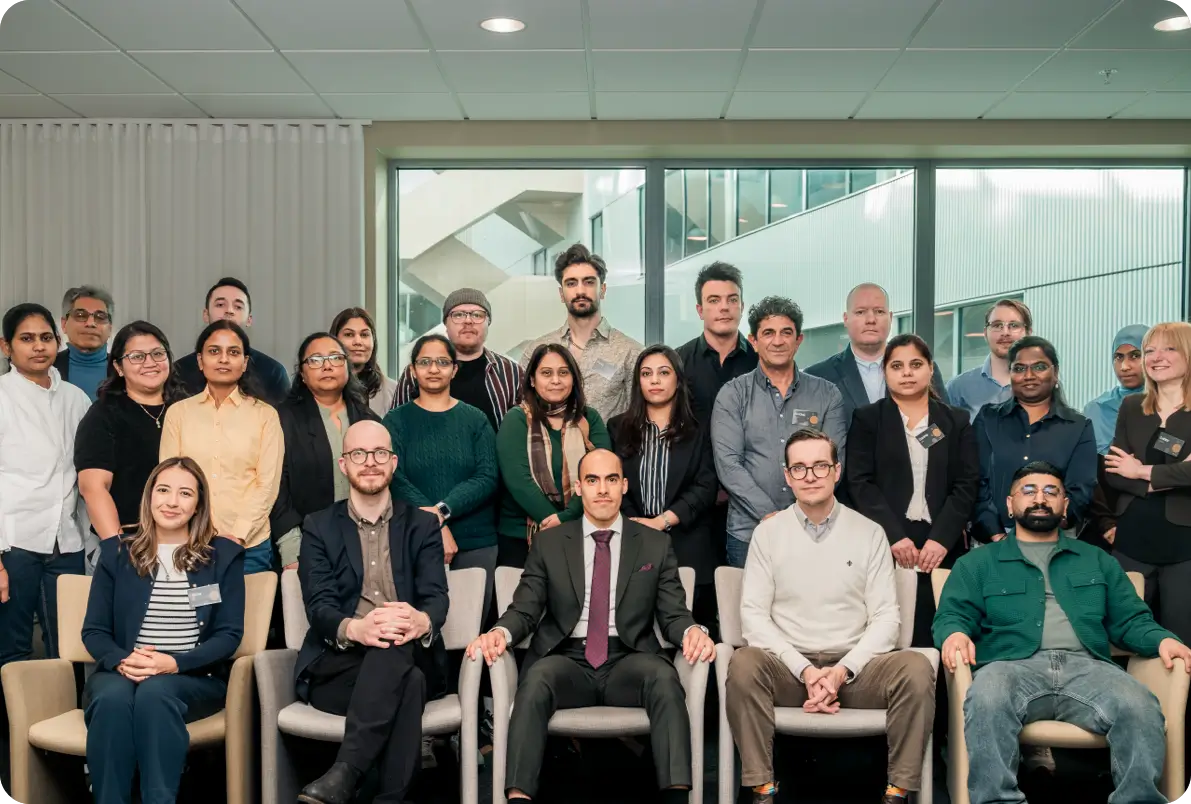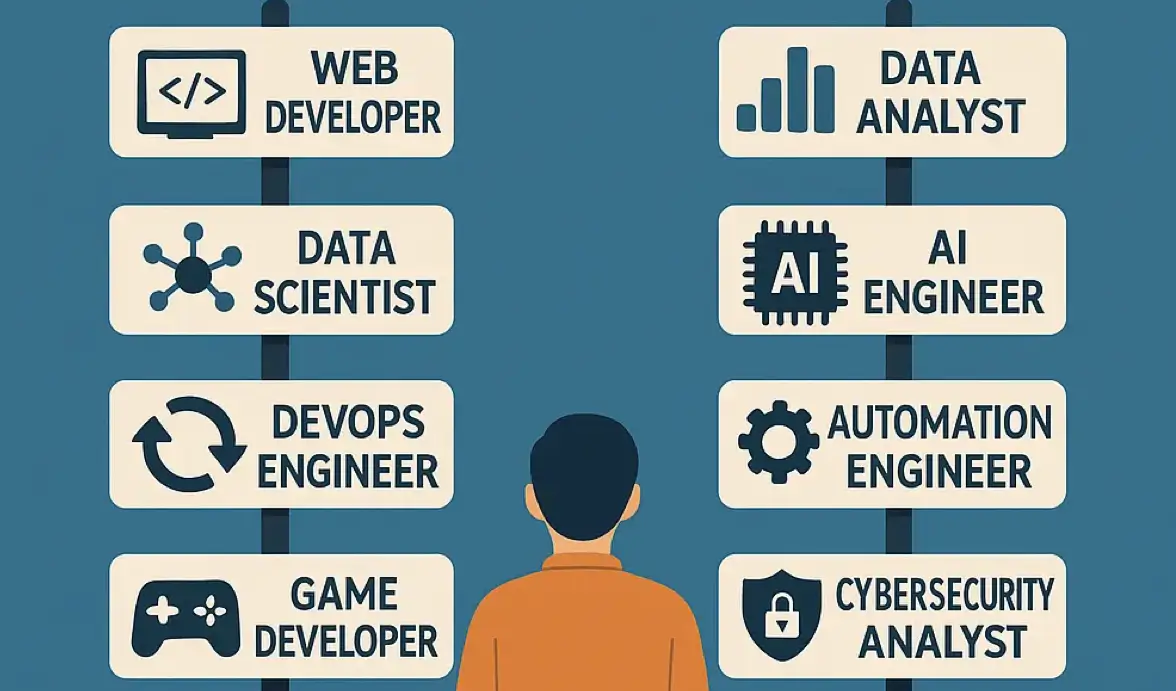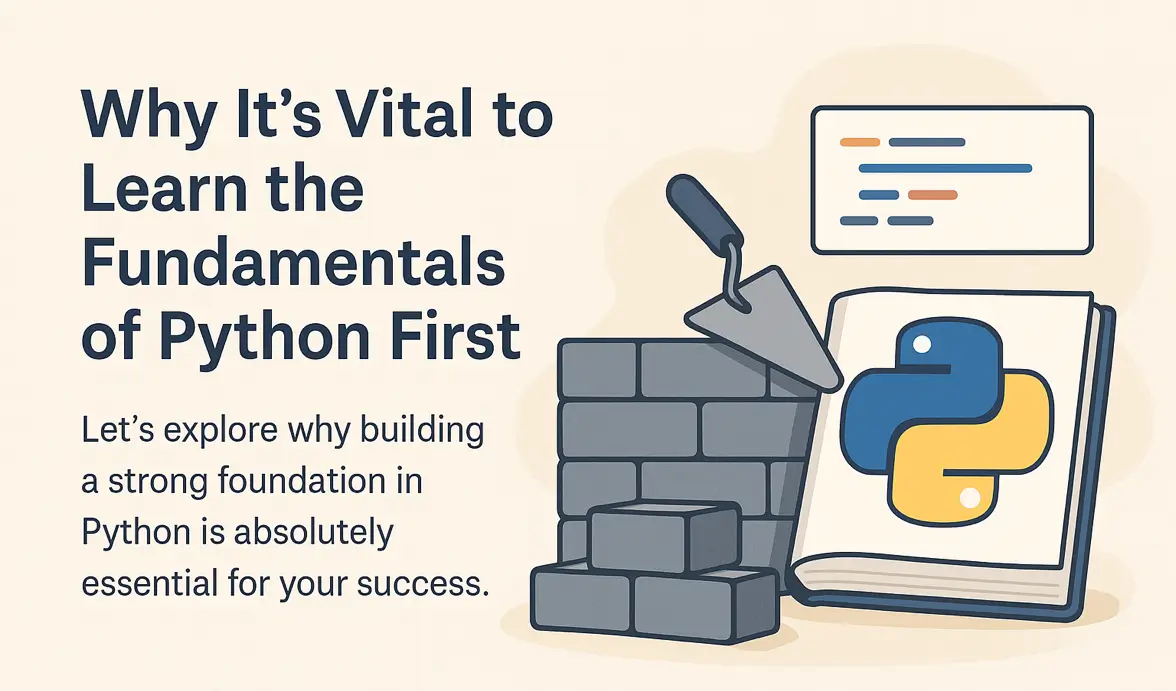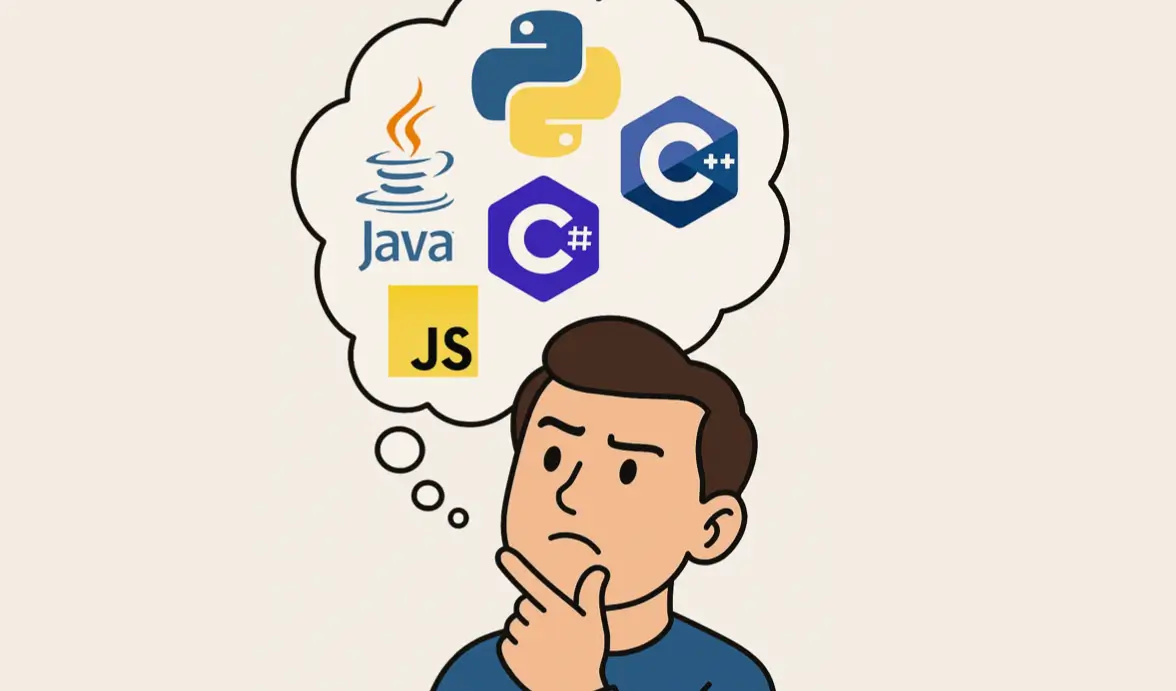
Python is one of the world’s most liked and widely used programming languages, known for its simplicity and versatility. Whether you’re a beginner or an experienced developer, Python is a perfect choice thanks to its clear syntax and broad range of applications. The language
is used everywhere—from web development and data analysis to artificial intelligence and automation.
With Python, you can quickly get started and build useful programs, making it a favorite among hobby coders and professionals alike. If you want to take your first steps into the world of programming or expand your skills, Python is a fantastic starting point.
One of the most common questions among beginners is: "Is Python hard to learn?" The answer is no—Python is actually one of the easiest programming languages to get started with. Its syntax is designed to be intuitive and resembles natural language, making it easy to read and write code. Compared to languages like Java or C++, Python requires fewer lines of code to solve the same problems, so you can focus on understanding concepts rather than struggling with complex rules.
Of course, becoming proficient takes time and practice, but with the right guidance—like a structured course like ours—you can quickly build confidence and competence.
Learning Python doesn’t have to be overwhelming. Here’s a simple step-by-step guide to get you started:
That’s really all you need to start. By taking it one step at a time, you’ll build a solid foundation that you can expand upon. From there, you can even choose your career path with Python–whether it is web development, artificial intelligence, automation or anything else–you can become any type of programmer and be able to build bigger and more fun projects.
A lot of people usually read or watch tutorials idly on how to learn Python, but very few actually learn that way. And if they do learn, it takes an unbelievable amount of time. Here are some practical tips to speed up the process and learn effectively:
With these strategies, you can go from beginner to confident coder faster than normal. But don’t forget that learning any new skill requires dedication and effort.
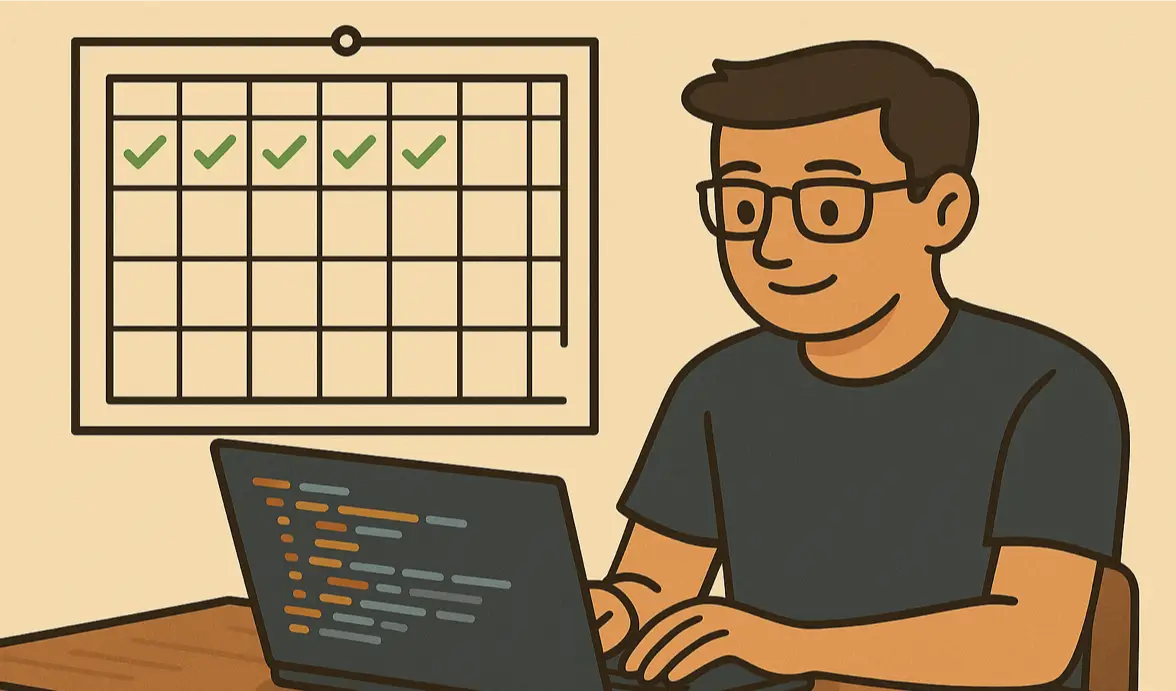
Projects are a fun and effective way to learn Python, since you get to code and develop some coding “muscle memory” for yourself. Here are some ideas for beginners:
These projects give you hands-on experience and show firsthand what you can achieve with the basics of Python.
It’s natural to make mistakes when learning something new. Here are some common pitfalls and how to avoid them:
Although you should avoid mistakes when possible, don’t be afraid to make mistakes; that’s a part of the learning process. With the right mindset, you can turn mistakes into learning opportunities and improve your skills faster.
Why choose Python? There are many other programming languages that you could choose from, but here are some compelling reasons:
Learning Python is an investment in your future, whether you want to work in tech or just explore a new hobby.
Now is the time to take the leap! With Linero Tech’s Python course for beginners, you’ll get everything you need to become a confident Python developer. Our course combines theory, practice, and personal support to give you the best possible start. It is not only carefully structured for the most effective learning, but you also get support from an expert developer and teacher, Humberto Linero.
Apply today and let us help you achieve your goals—whether it’s a new career, a hobby project, or simply the desire to learn something new.
